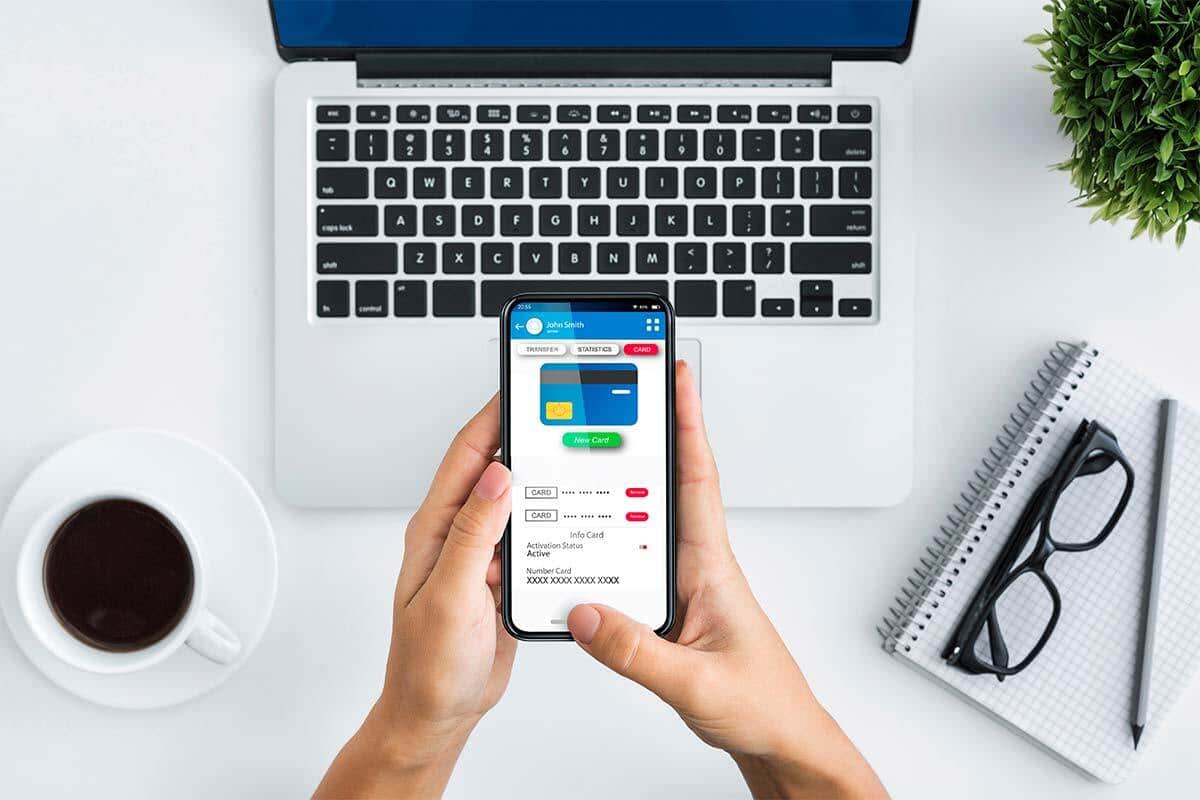Sharing financial data is a common practice for companies and institutions offering financial services. That’s why there are some things you should consider when sharing your financial data. Organizations share pieces of information from your credit cards, loans, bank accounts, and other financial accounts. They are crucial to support various types of functions, such as:
- Providing financial advice
- Providing tools that can help in budgeting
- Assistance when shopping for new financial products
- Assistance for sending or receiving money
- Giving workshops on how to save money and boosting financial performance
- Evaluating whether you’re qualified to obtain a financial product or service, such as loans and lines of credit.
- Assistance in improving credit scores
- Verifying the identity of a loan applicant
Many folks share their financial data when they want to apply for loans, get assistance on how to handle their finances, and expedite the process of enrolling for financial services. However, there can also be negative consequences when you share your financial information.
That’s why you need to be wary before sharing highly sensitive financial data with anyone or any company. Here’s a guide on what are the top considerations before sharing your financial information and how this financial data sharing works.
Financial Data Sharing: How Does it Work?
Financial data sharing is the activity of accessing, standardizing, and transporting financial information with the permission of the owner of the said data. Nowadays, we have sophisticated tools to access and transmit consumer data.
Financial institutions and companies use data sharing when you sign up for a service that requires your bank accounts and other financial statements to be analyzed. For instance, if you need assistance concerning budget management, it’s a must to share your financial information before using a budget management app or tool.
However, the way data sharing is used may vary from one financial service or company to another. Some of these firms will use the information you shared only once, especially for verification of your identity or accessing a few important bank details when you’re applying for a loan or enrolling for a new account.
On the other hand, many companies use shared financial information continuously. For example, using an application to track your bank accounts, make payments, and manage your budget.
Typically, there are two companies with whom you’re going to share your financial data: the financial service company and a third-party aggregator company that facilitates data sharing. The financial service company will be the one that selects the aggregator company.
Ensure that You Trust the Financial Service Company
Before you share your financial information, make sure that you trust the financial service company. Here are some steps to follow to ensure that the company is legitimate and trustworthy.
- Consider where you found the company or how you learned about it.
- Scour the internet and read for reviews to ensure that the company is legit. You can also look for complaints regarding the service if there are any.
- If the service is using an app, check for app reviews and ratings in the app store/s.
- Look for an official business phone number, email address, or any contact information about the financial service company.
Ask How Your Data Will Be Used
The financial company you choose must disclose what pieces of information from your accounts they will be using and how they will use it. Right now, there’s no standard when it comes to disclosing data to consumers. It’s crucial to check out the terms and conditions and other informational materials provided to you.
The only catch with organizations offering financial services is that they may not tell you everything you want to know. When it comes to data sharing, make sure to contact the company to know more.
If the company doesn’t answer some important questions regarding the matter, it’s on you to decide whether sharing financial data is a smart move based on the things the service has disclosed. Please take note of these few considerations when it comes to sharing your financial information.
- Check if the data you want to share is the only data being shared. You should also see to it that you’re okay with how the financial service company uses it.
- If there’s any third party involved in the data sharing, make sure that you’re okay that a third party can access your data.
- Check how many times the financial service company will access your financial accounts. Ask them to provide regular updates every time they access and use your financial data.
- Know how to view and change what financial information the company is using.
- Learn what financial information the company is storing and for how long.
- Know whether the company can transact money between your accounts. If yes, make sure that you’re okay with the terms provided to you.
- You should see to it that you know what the process of disputing errors in the financial information you have shared is. Learn about the legal aspect of disputes.
- It’s crucial to know the terms of instructing the financial company to stop accessing and using your accounts entirely. You should also ask the company if it’s possible to delete the information you have shared.
Check Your Shared Financial Data for Accuracy
Other things to consider when sharing your financial data are errors or typos in sharing financial information. You must be sharing accurate information, especially if you’re dealing with a financial service company or institution.
Always Check for Unauthorised Transactions
Make sure to review your credit card and bank statements if there are any unauthorized transactions. Once you notice suspicious transactions on your accounts, report the matter to the financial institution immediately.
Cancel A Service If You’re Done Using It
When a financial service is no longer in use, tell your financial service provider to cancel and delete the data you’ve shared to avoid unauthorized transactions. In this way, you can protect the important financial information you’ve shared and prevent unwarranted access to your accounts.
Take Action When There’s A Data Breach
In times of a data breach, make sure to change your financial accounts’ passwords or contact your financial service provider. You also need to contact your bank to know the process of keeping your accounts secure if there’s a data breach.
Takeaway
Now you know the top considerations when sharing your financial data with any financial service company or institution. The bottom line here is to keep your financial data safe and secure because it will be a big problem if your highly sensitive financial information is accessed and shared with untrustworthy individuals or organizations.








